Wellbeing Team Building Ideas That Boost Engagement, Focus and Happiness
Explore wellbeing team building ideas that lift energy, reduce stress and increase focus and connection through movement, music and shared experience.



Wellbeing Team Building
In today’s fast‑paced corporate world, wellbeing is no longer a nice to have. It is an essential part of team culture, performance and satisfaction. Wellbeing team building goes beyond typical ice‑breakers and trust falls, embedding activities that genuinely support mood, connection and mental clarity. Whether integrated into a larger event or delivered as a standalone session, wellbeing activities help teams feel valued and energised.
The science behind wellbeing team building is clear. When people engage in shared creative experiences, the brain releases chemicals that support emotional and social wellbeing. Endorphins are one of the first to kick in during a group activity. Often described as the body’s natural mood boosters, endorphins reduce stress and promote positive feelings. This makes delegates more alert and open to connection.
-
Team Size
5-5,000+
-
Duration
5 minutes - 5 hours
-
Room size
Dependent on group size
Music‑based activities amplify this effect. Shared music experiences stimulate oxytocin, frequently called the bonding hormone. Oxytocin supports trust, cooperation and social connection, which are all vital for high‑performing teams. Additionally, music can increase dopamine, a neurotransmitter linked to motivation and attention. When combined, this cocktail of chemicals supports a genuinely uplifting group experience.
At Rock and Roll Experience, we build wellbeing team building sessions that use rhythm, movement and sound to create a positive shared experience. These activities are especially powerful when incorporated into a larger event with wellbeing team building in amongst other elements of a team focus day but they also stand alone as great team building options.
Here are some of our favourite wellbeing‑focused team building ideas:
Group Drumming Sessions
Drumming encourages synchrony and shared rhythm. Even beginners find this accessible, and the collective beat creates an instant sense of unity and energy.
Boomwhackers and Percussion
Colour‑coded percussion instruments invite teams to play music together. This light‑hearted activity releases endorphins and invites people to collaborate without pressure or judgement.
Choir and Singing Activities
Group singing naturally lifts mood and encourages people to breathe, synchronise and listen. The shared focus builds connection and confidence, supporting both wellbeing and team cohesion.
Rock band workshops
The ultimate team bonding experience. Delegates learn real instruments and perform on stage together in a bucket list battle of the bands.
Music Video and Performance Challenges
When creativity and play are combined with teamwork, people not only enjoy themselves but develop stronger communication and problem‑solving skills.
Wellbeing team building is more than entertainment. It increases engagement, improves focus, and helps people retain information long after the activity has finished. By including wellbeing as part of your team building strategy, you are signalling that people matter and that connection is a priority.
Whether you are planning a conference, corporate retreat, leadership day or team celebration, investing in wellbeing team building can transform the experience. Real connections, refreshed minds and lifted spirits create stronger, happier and more productive teams.
Some of the companies that have experienced our corporate events


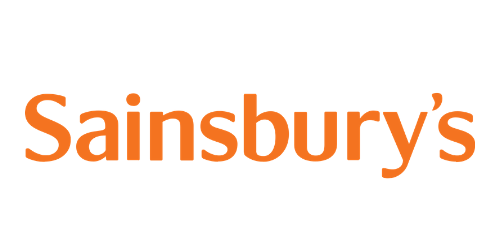









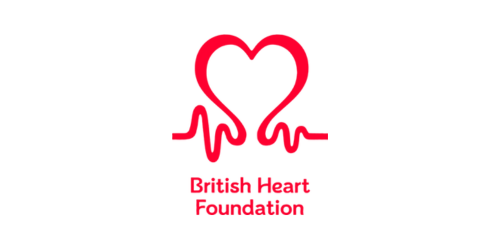




Our favourite team building events


Drumming
They look like silly plastic tubes
(and they are) but when the group works together they can create classical music.


Virtual music quiz
Test your knowledge with this quirky interactive and totally unique quiz. Works brilliantly as a virtual team build or for in-person events.


Music video
Your team can plan, create and star in their own music video. Hilarious, crazy and brilliantly unique team building.


Thriller dance
Here your team learn the iconic Michael Jackson dance routine. It’s a hilarious team building activity.


Morris dance
A hilarious session learning a traditional English folk dance. The most quintessentially English team building session.


Beat box
Very modern and very accessible. Anyone can do this and we show you how to become expert beatboxers. A perfect energiser or team building activity.


Harmonica
Each delegate gets their own harmonica in a musical team build that sees them master the blues harp! Perfect as a short conference energiser.
Our team away day was all a bit last minute but Matt was fantastic with his planning!
It’s definitely something that the office will be talking about for a long time to come – 5 stars aren’t enough.
Amber-Anne Allen – PA to the COO of Trafalgar Entertainment


Are you ready to build a high performing team?
Team building is a powerful investment in your workforce, boosting trust, communication, and collaboration while reducing conflicts. Done right, it enhances employee engagement and positively impacts company culture. That’s why we create fun, energising events that help teams bond, collaborate, and step outside their comfort zones for shared success.
Unique team events to your inbox in 30 seconds
We are the UK’s leading provider of musical team building and conference energisers. Collaborate, create and do something different that forges strong human connection within your team.
Tell us where to email the details and we’ll instantly send you a PDF event brochure.































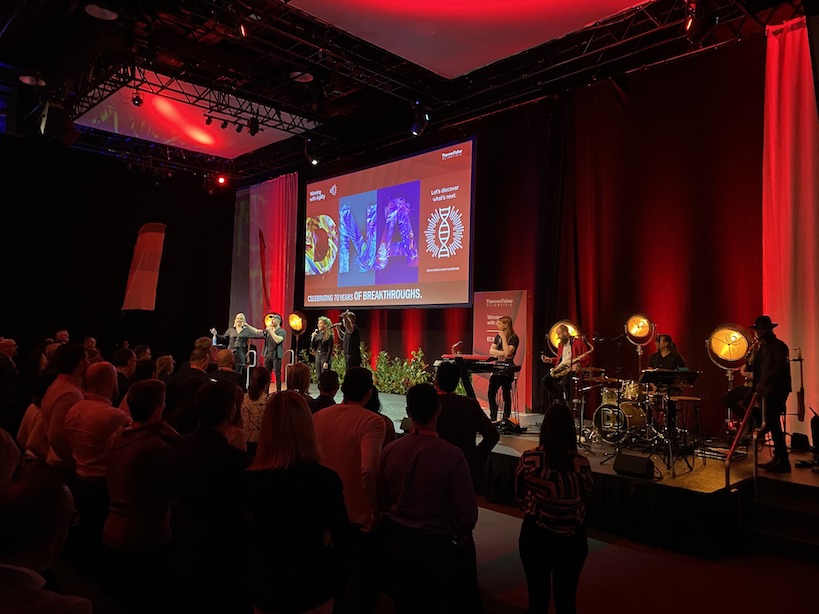


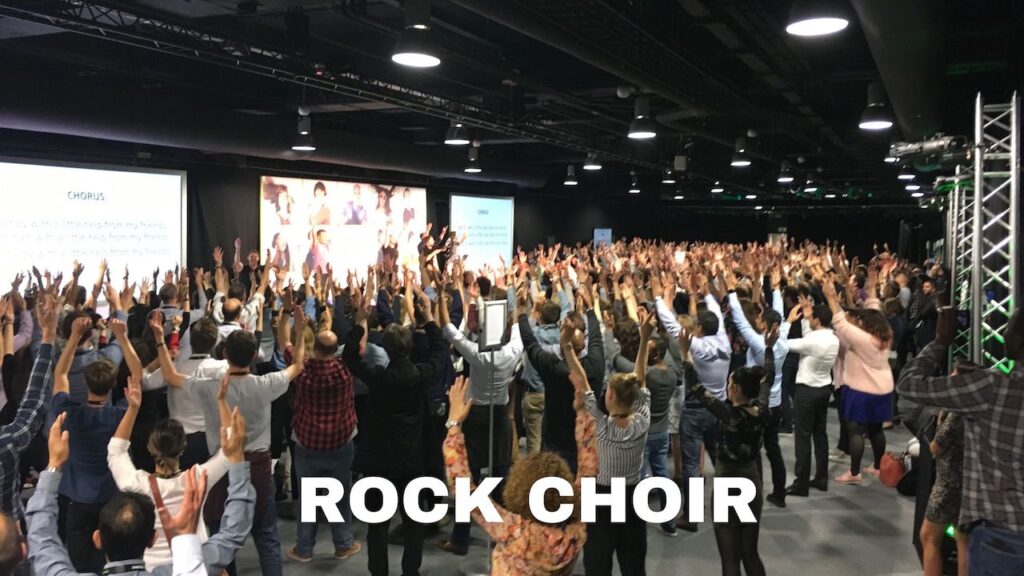




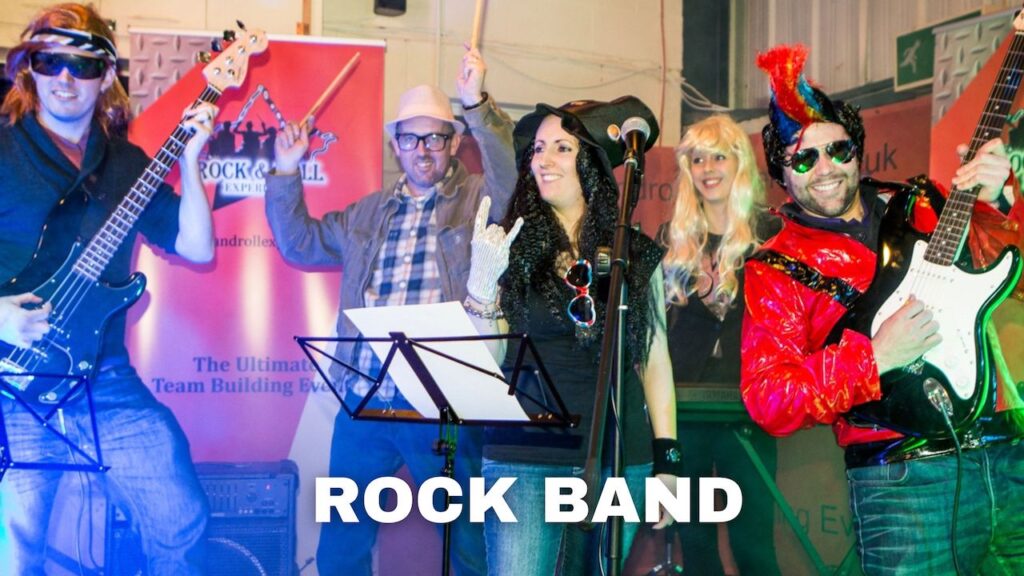

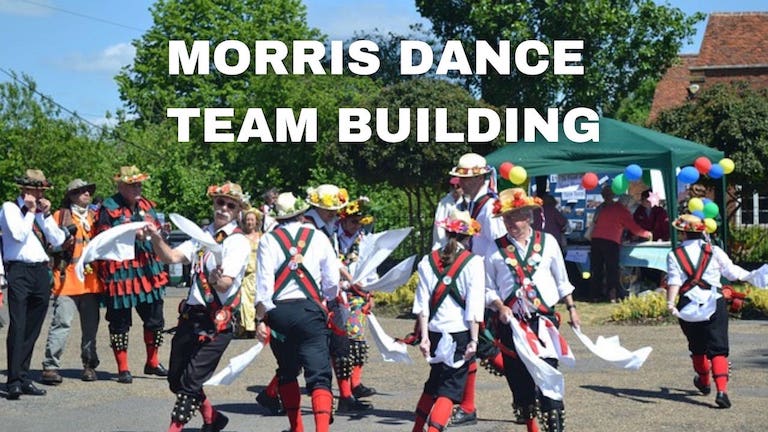













 We love being able to bring genuinely exciting team building and energiser events to our clients and help them create a big impact on their delegates.
We love being able to bring genuinely exciting team building and energiser events to our clients and help them create a big impact on their delegates.

